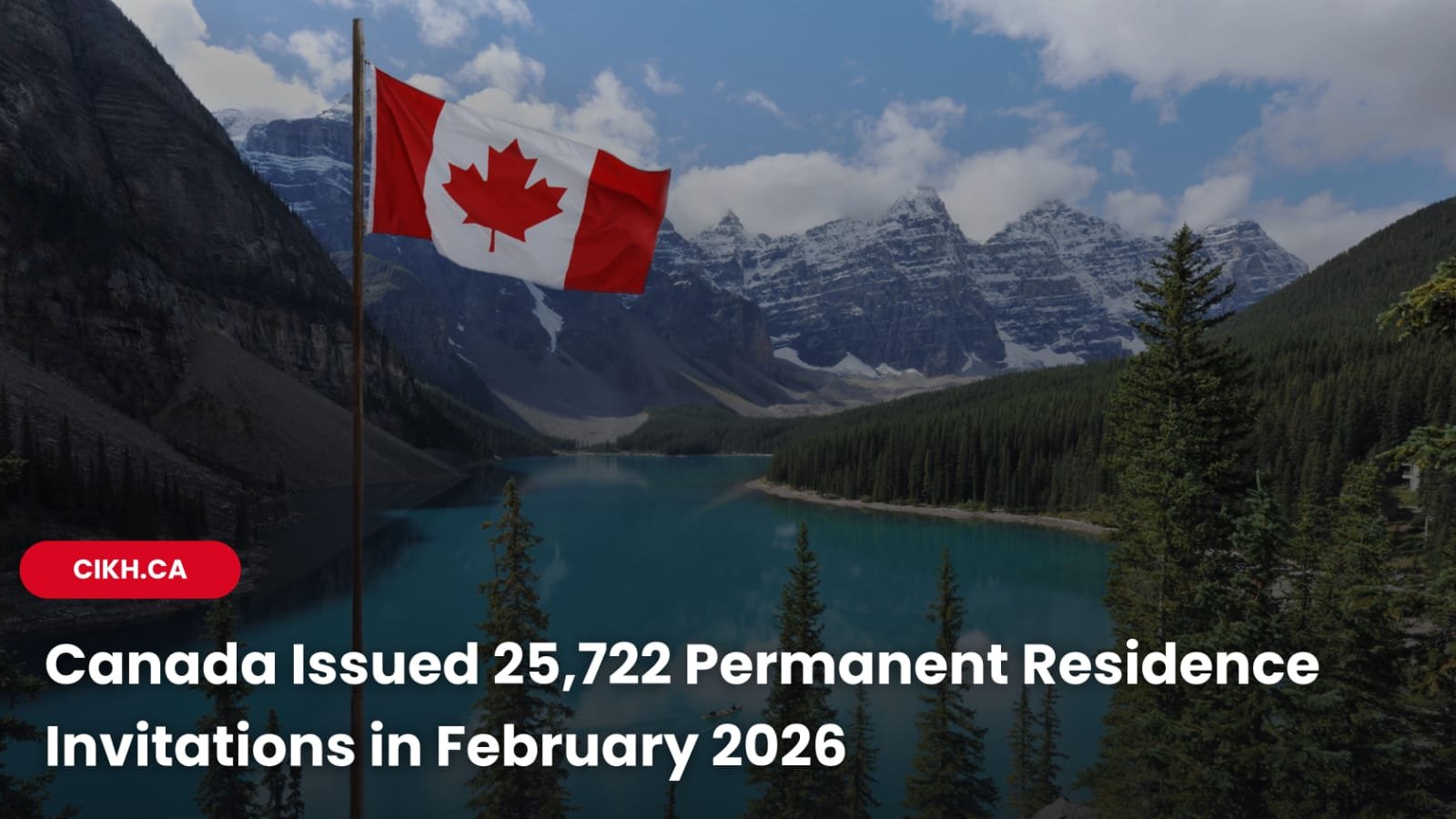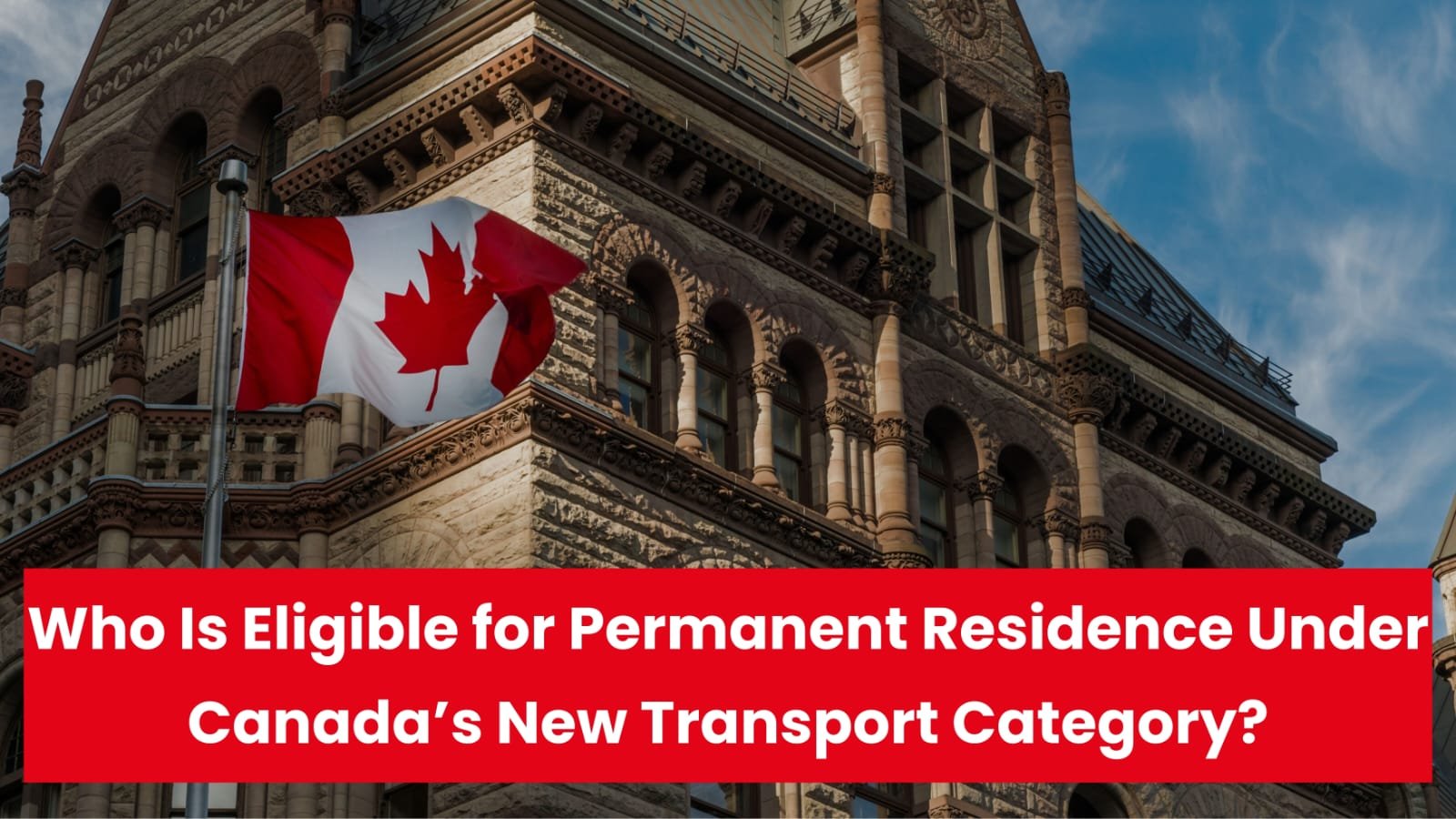Canada no longer automatically grants multiple-entry visas to visitors.
Immigration, Refugees and Citizenship Canada (IRCC) has recently revised its guidelines for immigration officers, imposing stricter criteria for issuing multiple-entry visas versus single-entry visas.
Ultimately, IRCC officers can decide which type of visa a visitor will receive.
This article explores the key factors these officers consider when determining whether to grant a single-entry or multiple-entry visa to Canada.
Who is required to have a visa?
Most visitors from around the world need a visa to enter Canada.
A visa grants foreign nationals permission to enter Canada as visitors, workers, or students and is usually stamped in their passport. You can find a list of countries that require a visa to enter Canada here.
Certain countries have visa-exempt citizens who only need an Electronic Travel Authorization (eTA) to travel to Canada. An eTA also allows entry but is generally quicker and easier to obtain than a visa. A list of visa-exempt countries is available here.
Some visitors, such as U.S. citizens and green card holders, don’t need a visa or an eTA to enter Canada.
Note: Visa requirements for nationals of certain countries may vary depending on specific conditions. More details are available here.
How does a single-entry visa differ from a multiple-entry visa?
When applying for a Canadian visa, applicants may be eligible for either a single-entry or multiple-entry visa.
A multiple-entry visa permits the holder to enter and exit Canada as often as needed within its validity period. These visas can remain valid for up to 10 years or until the expiration of the applicant’s passport, travel document, or biometrics—whichever occurs first.
In contrast, a single-entry visa allows entry into Canada only once and is typically valid only for the duration of the applicant’s specific visit. If someone with a single-entry visa leaves Canada and wants to return, they would need to apply for a new visa.
Considerations for Issuing Single-Entry vs. Multiple-Entry Visas
According to the latest IRCC guidelines, immigration officers assessing whether to issue a single-entry or multiple-entry visa consider several key factors, grouped into four main categories:
Purpose of the visit;
Available financial resources;
Requirement for medical treatment; and
Additional relevant factors.
IRCC officers are advised to evaluate the following factors within each of these categories when issuing a visa for Canada:
Purpose of Visit
- Is the visit a one-time event (e.g., conference, training, tourism) or will the applicant return frequently (e.g., to visit close family)?
- Is the applicant a short-term student or worker who doesn’t require a work or study permit?
- Does the applicant need parental authorization for each visit (e.g., an unaccompanied minor attending a summer program)?
- Is the visit for compassionate reasons, such as caring for a critically ill family member?
Funds
- Does the applicant have a stable income (e.g., employment) that could support multiple trips to Canada?
- If a host in Canada is covering expenses, is there proof of their relationship, and is the host financially secure?
- Has the host invited other people, and do they have sufficient resources to support multiple visitors?
- If the applicant’s employer is sponsoring the trip (e.g., for a business meeting), have they provided a supporting letter?
Medical
- Does the applicant have health conditions that could worsen over time?
- Is the applicant seeking medical treatment in Canada?
- Has the applicant presented a plan to manage health risks during their stay, such as proof of valid health insurance?
Other Factors
- Does the applicant have strong ties to their home country, like employment or family obligations?
- Have they traveled outside their home country before, including previous trips to Canada, and did they comply with visa conditions?
- Has the applicant been denied a visa for Canada or any other country in the past?
Additional factors to evaluate when determining the duration of a visa’s validity
For multiple-entry visas, the validity period might be shorter than the maximum permitted duration.
The IRCC takes several additional factors into account when determining the visa validity period, such as:
- The purpose of the visit (e.g., is the applicant traveling to Canada for a temporary reason, such as business activities like after-sales support?)
- The applicant’s current status in their country of residence (e.g., are the applicant’s ties to their home country and Canada expected to change in the future?)
- Political or economic conditions in the applicant’s home country, and how these might influence their ability to return.
What steps to take if your visa application is denied
A Canadian visa application may be denied if:
- The immigration officer is not convinced that the applicant will leave Canada after their authorized stay, or
- The applicant is deemed inadmissible to Canada (for reasons such as medical issues or prior criminal activity).
There is no formal appeal process for a visa refusal. If an applicant wishes to reapply, the IRCC recommends doing so only if there has been a significant change in their circumstances.
The IRCC also advises that reapplying with the same information will likely result in another denial.
When is the right time to reapply for a visa after a refusal?
The IRCC provides examples of situations where an applicant’s circumstances have significantly changed, making it appropriate to reapply:
- The applicant has been approved for criminal rehabilitation;
- The applicant qualifies for deemed rehabilitation;
- The applicant remains inadmissible but is applying for a temporary resident permit;
- The applicant was inadmissible due to medical reasons, but their condition has improved since the initial visa application.
Newcomers who are considered criminally or medically inadmissible to Canada have several options to address their inadmissibility. More details are available here.
IRCC officers are required to document refusal details in the Global Case Management System (GCMS), the system used to manage and assess immigration applications. These notes include (but are not limited to):
- The circumstances surrounding the application;
- The process the immigration officer followed to make a decision;
- The reasons for the refusal.
Requesting GCMS notes can provide valuable insights for applicants facing a refusal. Additional information on how to request GCMS notes can be found here.





